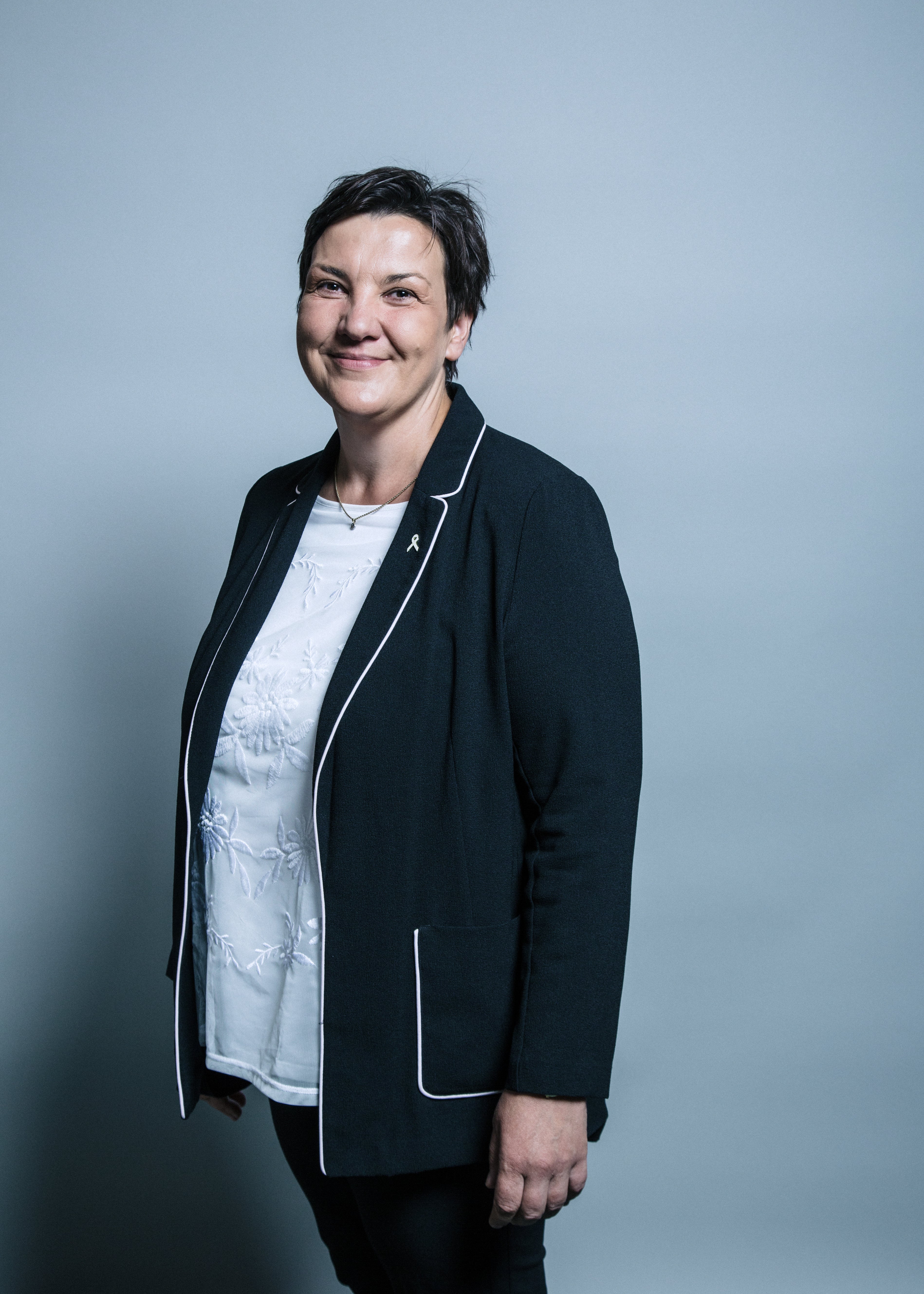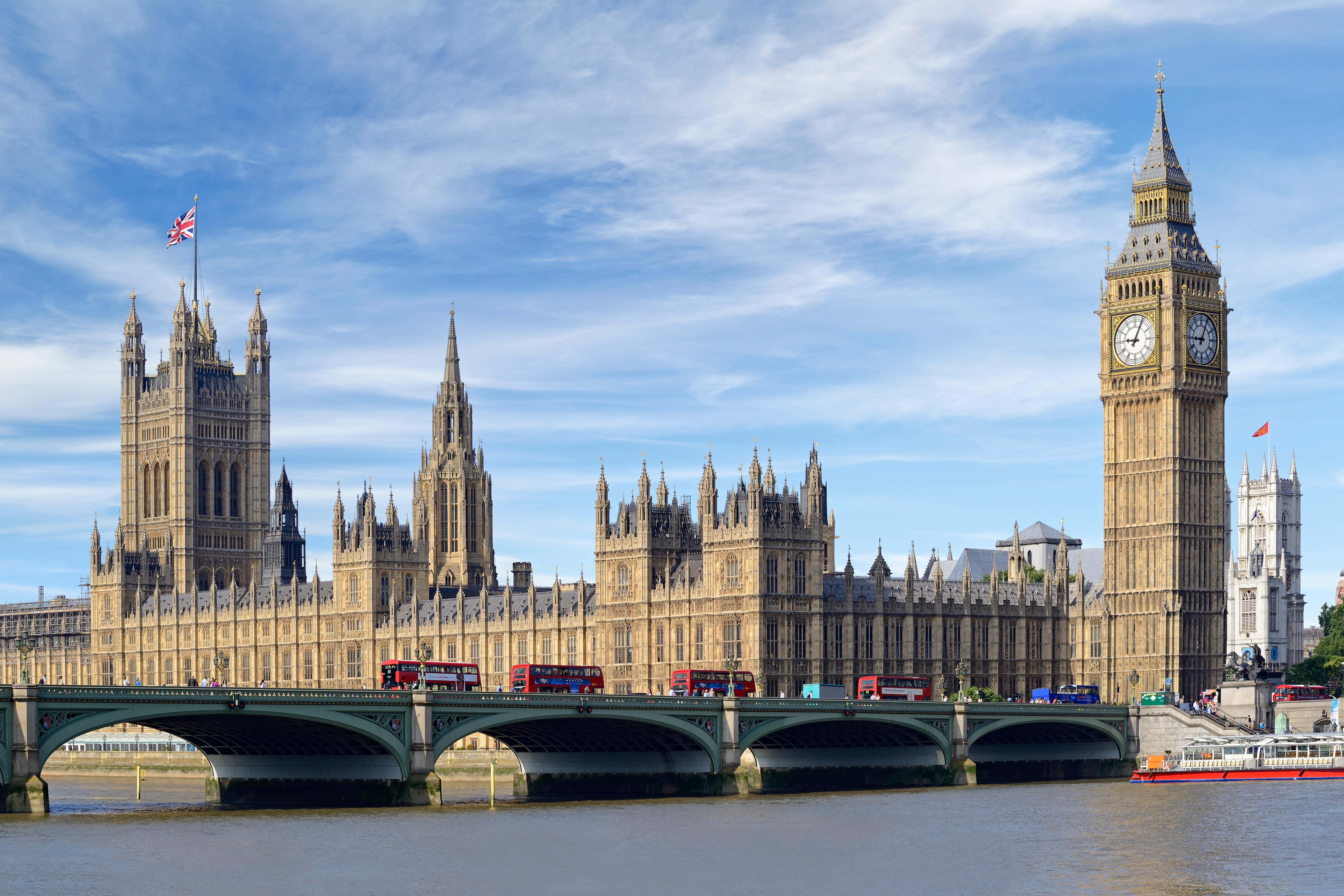ARTICLE AD BOX
Pro-choice advocates are calling on MPs to vote in favour of decriminalising abortion as part of amendments to the Crime and Policing Bill, which is expected to be debated and voted on this Tuesday.
This renewed effort follows persistent demands to repeal sections of the 1861 Offences Against the Person Act, a 19th-century law, mirroring the decriminalisation of abortion in Northern Ireland in 2019.
Prior attempts to debate similar amendments, aimed at removing the threat of prosecution for women acting in relation to their own pregnancy, were halted due to Parliament's dissolution last summer for the general election.
During a recent debate at Westminster Hall, pro-change campaigners argued against women being "dragged from hospital bed to police cell" over abortion.
However, opponents have cautioned against such a "radical step", arguing that decriminalisation would leave unborn babies without any remaining protection.
Speaking ahead of a debate in the Commons, Labour MP Tonia Antoniazzi said her amendment would result in “removing the threat of investigation, arrest, prosecution, or imprisonment” of any woman who acts in relation to her own pregnancy.

Ms Antoniazzi said the cases of women investigated by police had motivated her to advocate for a change in the law.
She said: “Police have investigated more than 100 women for suspected illegal abortion in the last five years including women who’ve suffered natural miscarriages and stillbirths.
“This is just wrong. It’s a waste of taxpayers’ money, it’s a waste of the judiciary’s time, and it’s not in the public interest.”
She said her amendment will not change time limits for abortion or the regulation of services but it “decriminalises women accused of ending their own pregnancies”, taking them out of the criminal justice system “so they can get the help and support they need”.
Her amendment is supported by abortion providers including MSI Reproductive Choices and the British Pregnancy Advisory Service (Bpas) as well as the the Royal College of Obstetricians and Gynaecologists (RCOG).
A separate amendment has also been put forward by Labour MP Stella Creasy and goes further by not only decriminalising abortion, but also seeks to “lock in” the right of someone to have one and protect those who help them.
The Society for the Protection of Unborn Children (SPUC) urged MPs to vote against both amendments, saying they would bring about “the biggest expansion of abortion since 1967”.
Alithea Williams, the organisation’s public policy manager, said: “Unborn babies will have any remaining protection stripped away, and women will be left at the mercy of abusers.
“Both amendments would allow abortion up to birth, for any reason. NC20 (Ms Creasy’s amendment) is only more horrifying because it removes any way of bringing men who end the life of a baby by attacking a pregnant woman to justice.”
Ms Creasy rejected Spuc’s claim, and urged MPs not to be “misled”.

She highlighted coercive control legislation, which would remain in place if her amendment was voted through, and which she said explicitly identifies forcing someone to have an abortion as a crime punishable by five years in jail.
Abortion in England and Wales remains a criminal offence but is legal with an authorised provider up to 24 weeks, with very limited circumstances allowing one after this time, such as when the mother’s life is at risk or the child would be born with a severe disability.
The issue has come to the fore in recent times with prominent cases such as those of Nicola Packer and Carla Foster.
Ms Packer was cleared by a jury last month after taking prescribed abortion medicine when she was around 26 weeks pregnant, beyond the legal limit of 10 weeks for taking such medication at home.
She told jurors during her trial, which came after more than four years of police investigation, that she did not realise she had been pregnant for more than 10 weeks.
The case of Carla Foster, jailed in 2023 for illegally obtaining abortion tablets to end her pregnancy when she was between 32 and 34 weeks pregnant, eventually saw her sentence reduced by the Court of Appeal and suspended, with senior judges saying that sending women to prison for abortion-related offences is “unlikely” to be a “just outcome”.
A separate amendment, tabled by Conservative MP Caroline Johnson proposes mandatory in-person consultations for women seeking an abortion before being prescribed at-home medication to terminate a pregnancy.
The changes being debated this week would not cover Scotland, where a group is currently undertaking work to review the law as it stands north of the border.
On issues such as abortion, MPs usually have free votes, meaning they take their own view rather than deciding along party lines.
During a Westminster Hall debate earlier this month, justice minister Alex Davies-Jones said the Government is neutral on decriminalisation and that it is an issue for Parliament to decide upon.
She said: “If the will of Parliament is that the law in England and Wales should change, then the Government would not stand in the way of such change but would seek to ensure that the law is workable and enforced in the way that Parliament intended.”









 English (US) ·
English (US) ·